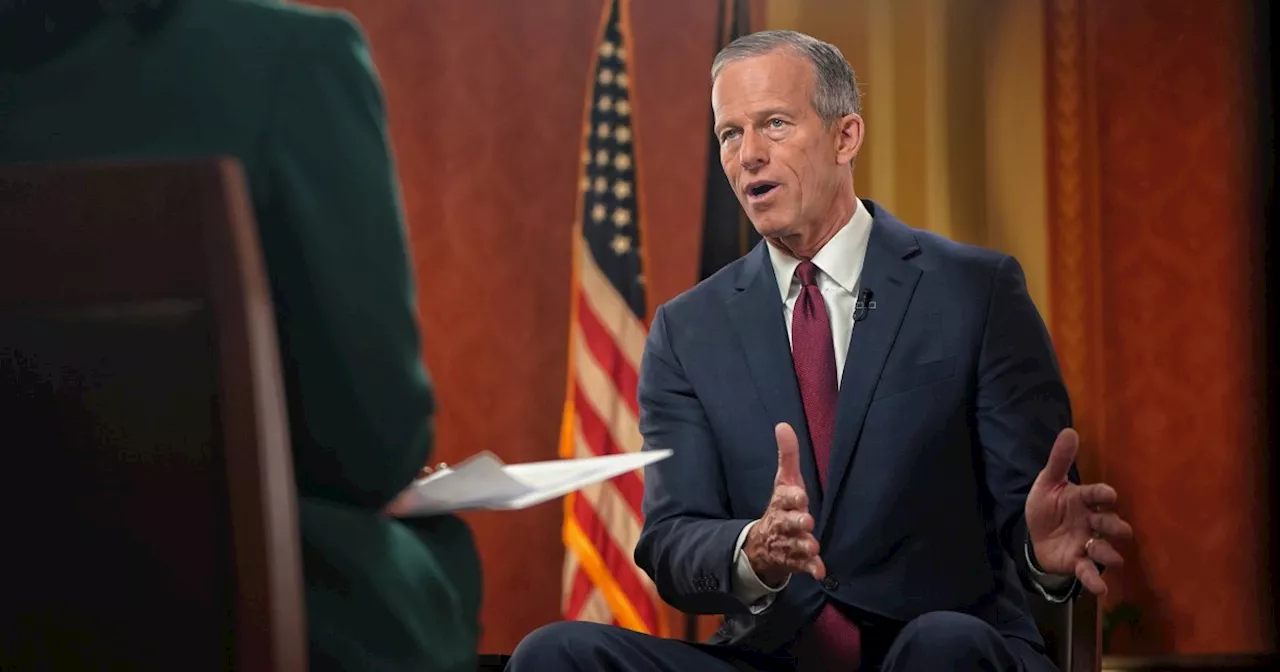Following a campaigner's success in gathering signatures for a potential independence vote, the possibility of California seceding from the United States is gaining traction. Experts weigh in on the feasibility of this scenario and its potential impact on both California and the rest of the nation.
California may soon get the chance to vote on the possibility of independence. CalExit campaigner Marcus Ruiz Evans has secured permission from California Secretary of State Shirley Weber to begin collecting signatures for a petition. To have an independence vote on California's 2028 election ballot, CalExit needs to gather 546,651 signatures—5 percent of the total votes cast for Governor Gavin Newsom in November 2022—and submit them to county elections officials by July 22, 2025.
While the vote would not be legally binding, there's a significant hurdle: the U.S. Constitution doesn't currently provide a mechanism for states to leave the union. California is the most populous state in the U.S. with 39.4 million residents and an annual GDP of $4 trillion. It's a major global hub for tech, science, and entertainment industries. Although predominantly Democratic, the Republican influence is on the rise. So, how realistic is the prospect of Californian independence, and what would its departure mean for the rest of the U.S.? Newsweek sought perspectives from various individuals to understand the implications.Elizabeth Bergman, former chair of the Department of Political Science at California State University, East Bay, believes a peaceful 'Californian independence' is not currently feasible. She points out that the U.S. Constitution lacks provisions for state secession, only for new state admission. While amending the Constitution to allow secession is technically possible, Bergman argues that the reasons for the rest of the country to support such a move are dubious. Furthermore, the ratification process would be lengthy and arduous, with an unlikely chance of success. She also dismisses the possibility of a non-peaceful secession, considering another Civil War unlikely. Bergman highlights the economic ramifications of California leaving the Union, predicting catastrophic and cataclysmic consequences for the nation. As the largest state in terms of population and with the fifth largest economy globally, California is a net contributor to the U.S. Federal Treasury. She concludes that the U.S. wouldn't allow California to leave, as it is legally impossible and war is not a viable option. In contrast, Marcus Ruiz Evans, founder of the CalExit campaign, asserts that the prospect for California's independence is more likely today than in 2016. He attributes the shift in energy to the election of Donald Trump and the subsequent realization that the federal system of justice cannot effectively counter Trump or Trumpism. Evans points out that a 2017 poll conducted by Reuters Ipsos and Stanford University revealed that 32 percent of Californians supported immediate separation from America.Evans emphasizes the change in public sentiment from fear in 2016 to pure rage in 2024. He notes that the CalExit movement, which initially faced questions about its seriousness, now enjoys widespread acceptance within California. The question of whether California truly considers a CalExit is no longer debated, highlighting the significant shift in public opinion over the past eight years
CALIFORNIA INDEPENDENCE SECESSION CALEXIT US CONSTITUTION POLITICS ECONOMICS
United States Latest News, United States Headlines
Similar News:You can also read news stories similar to this one that we have collected from other news sources.
 Alert California cameras become a staple of fire protection as blazes hit Southern CaliforniaThe artificial intelligence behind Alert California is interpreting camera footage so firefighters can predict how a column of smoke will grow into a wildfire.
Alert California cameras become a staple of fire protection as blazes hit Southern CaliforniaThe artificial intelligence behind Alert California is interpreting camera footage so firefighters can predict how a column of smoke will grow into a wildfire.
Read more »
 Andrew Garfield is getting really, really angry in Luca Guadagnino's next filmGarfield also went on record claiming that he came up with the idea for rage rooms... or at least he had it first.
Andrew Garfield is getting really, really angry in Luca Guadagnino's next filmGarfield also went on record claiming that he came up with the idea for rage rooms... or at least he had it first.
Read more »
 Thune Says Johnson Faces 'Really, Really Tough Job' as House SpeakerSenator John Thune, the incoming Senate Majority Leader, believes House Speaker Mike Johnson will face significant challenges leading a narrow House Republican majority. Thune acknowledged the diverse viewpoints within the GOP and emphasized the potential impact of individual members in such a closely divided chamber. Despite limited past collaboration, Thune expressed optimism about a strong working relationship with Johnson.
Thune Says Johnson Faces 'Really, Really Tough Job' as House SpeakerSenator John Thune, the incoming Senate Majority Leader, believes House Speaker Mike Johnson will face significant challenges leading a narrow House Republican majority. Thune acknowledged the diverse viewpoints within the GOP and emphasized the potential impact of individual members in such a closely divided chamber. Despite limited past collaboration, Thune expressed optimism about a strong working relationship with Johnson.
Read more »
 California Wildfires Could Become Costliest Disaster in U.S. History, Economist SaysJulia Pollak, an economist and author, stated on Fox Business that the ongoing California wildfires have the potential to become the costliest disaster in U.S. history. She emphasized the significant economic impact, both fiscal and otherwise, that the disaster will have.
California Wildfires Could Become Costliest Disaster in U.S. History, Economist SaysJulia Pollak, an economist and author, stated on Fox Business that the ongoing California wildfires have the potential to become the costliest disaster in U.S. history. She emphasized the significant economic impact, both fiscal and otherwise, that the disaster will have.
Read more »
 Stuart Spencer, GOP strategist who helped Reagan become California governor, 40th president, diesStuart K.
Stuart Spencer, GOP strategist who helped Reagan become California governor, 40th president, diesStuart K.
Read more »
 California's Fire-Prone Areas May Become Too Costly To Live InRising home prices and insurance premiums in the aftermath of the fires could make Southern California unaffordable for many residents.
California's Fire-Prone Areas May Become Too Costly To Live InRising home prices and insurance premiums in the aftermath of the fires could make Southern California unaffordable for many residents.
Read more »
